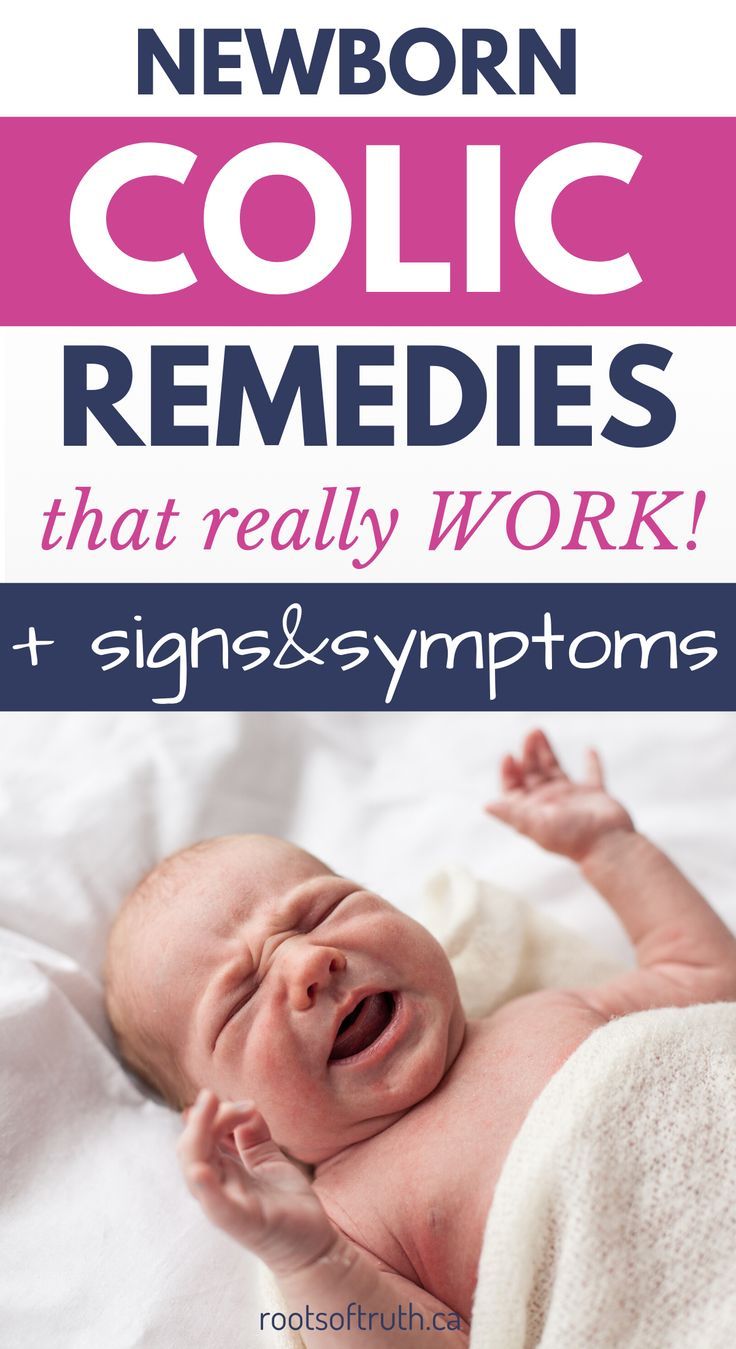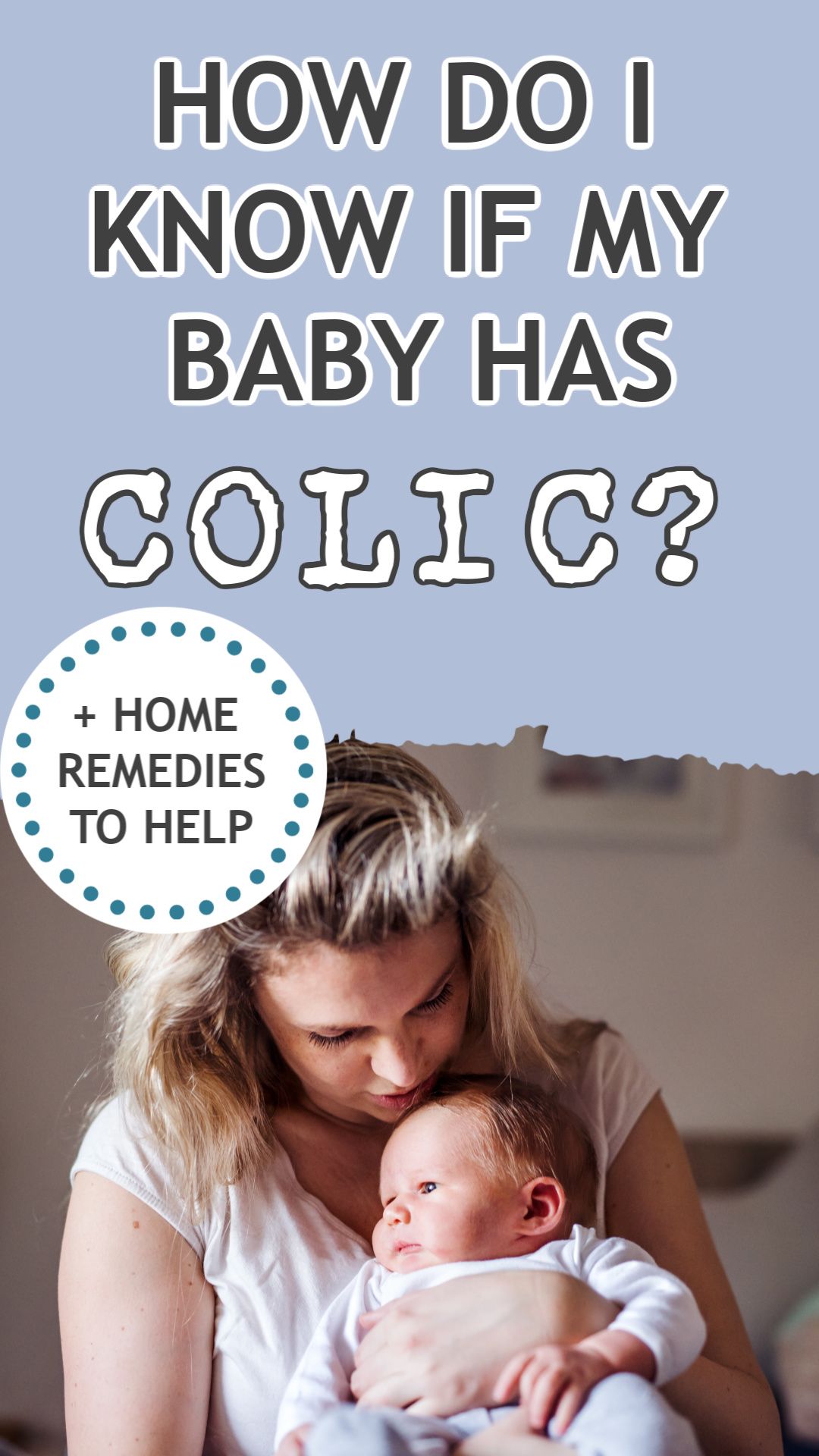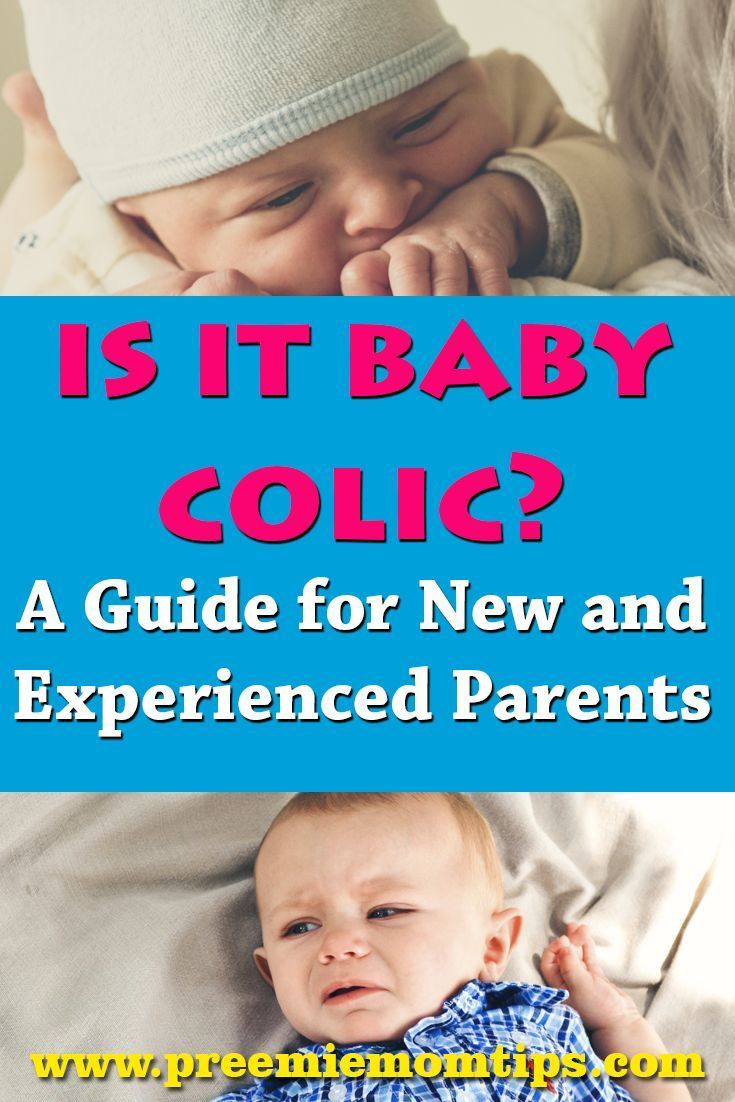What Is Not Colic
If the baby has high temperature, explosive diarrhea or losing weight, your pediatrician should check it immediately, as these are not the symptoms of colic, but again might be the symptoms of lactose intolerance.
Rarely the pain is due to undiagnosed infant reflux not all babies have the ability to clear acidic juices. When acid is trapped in the esophagus, it can lead to pain and discomfort. This has to be well tested, because giving acid-suppressing medications to the infants increases risks of pneumonia and gastroenteritis, and disrupts the levels of essential vitamins and minerals in the body.
The pharmaceutical industry has attempted to over-represent the overall prevalence of GERD in children, and the real prevalence is still unknown. Dr. Eric Hassall, a gastroenterologist at Sutter Pacific Medical Foundation claims that many babies are misdiagnosed with GERD and that acid-reflux medications are overprescribed in infants.
Forty to 70 percent of babies spit up not because they have reflux, but because its in their nature to eat more than they can hold. Dr. Hassall suggests, and I agree, that parents should learn how to ease colicky pain in more natural ways such as carrying or rocking. Heres more about medications your pediatrician may prescribe for colicky pain in infants and which of them you should avoid.
When Should I Take My Baby To The Doctor
Look for the colic symptoms and the signs of colic to help determine if your baby has colic. However, there are a number of things that might present themselves similarly to colic, but arent, like:
– Infections- Acid Reflux or stomach problems- Pressure or inflammation of the brain and nervous system- Irregular heartbeat- Injuries
If youre concerned about your baby – whether it be because you think she has colic or because you suspect she might be irritable due to another medical reason, you should visit your doctor. Theyll be able to rule out any medical issues with an exam, and provide their opinion on whether or not your baby has colic. Like we always say – you know your baby best! If you think somethings up, give your doctor a call.
If You Suspect Overstimulation:
- Respond. Crying is a babys only way of communicating his needs. But its also his only way of wielding any control at all over a vast and bewildering new environment: He cries, you come running to his side powerful stuff when youre otherwise completely powerless. In fact, studies show that responding promptly to your babys cries will reduce his crying in the long run.
- Excise excitement. Limit visitors and avoid exposing your baby to new experiences in stimulating environments, particularly in the late afternoon and early evening. Watch how your baby responds to certain stimuli and steer clear of any that seem to offend.
- Create calm. Trying to make your babys environment peaceful might help him relax. Dim the lights, speak or sing in soothing tones and keep other noise and distractions to a minimum.
Don’t Miss: How To Tell If Your Newborn Is Lactose Intolerant
Does My Baby Have Colic
Studies show that colic affects from 10-15% of all babies . While certain aspects of colic, from cause to cure, arent understood, heres what we do know:
- Infants with colic usually begin displaying symptoms approx. 2 weeks after being born.
- After the first 3 or 4 months of life, colic generally goes away.
- Gender and feeding style do not increase a babys chances of getting colic.
- The presence of colic in a baby does not indicate that the child will be less intelligent or less healthy that a baby without colic.
How To Soothe Colic In Babies

In addition to frustration and exhaustion, you may have feelings of inadequacy and guilt as you try in vain to soothe your fussy baby. So while staying calm is easier said than done, these strategies may help ease the strain until colic passes.
Just give each a fair shot before you switch to another . Talk to your doctor for tips and possible causes of your baby’s colic too.
Don’t Miss: What Causes Hypotonia In Newborns
Key Points About Colic
- Colic is when a healthy baby cries for a very long time, for no obvious reason.
- It affects some babies during the first 3 to 4 months of life.
- Colic usually begins suddenly, with loud and mostly nonstop crying.
- Colicky babies can be very difficult to calm down.
- Changing how your baby is fed, and using different calming methods, can help to soothe a colicky baby.
- Colic goes away on its own, sometimes by age 3 months. In most cases it is gone by age 6 months.
What Are The Causes Of Colic
There isnt a concrete medical reason why infants experience colic, but several theories are to the cause. Most ideas revolve around the development of the newborn child. The theories assume that colic is a result of the intestinal growth of newborns. Knowing the possible causes of colic can assist better understand what your little one is going through and have a little patience. So, how do you do if your baby has colic?
Don’t Miss: How Often Do Formula Fed Newborns Eat
How Doctors Diagnose Colic
The doctor may be able to tell if your baby has colic from their symptoms. You can help. Over a few days, write down:
- When your baby cries and for how long
- What the cry sounds like. Is it high-pitched or louder than usual?
- What seems to make them fussy
- What, if anything, works to calm them down
- How often and what your baby eats
- When your baby poops, and what the stools look like
The doctor will likely do an exam to check if your baby is fussy for other reasons, such as:
- Food allergies or sensitivities to something in your diet, if you breastfeed
- Discomfort, such as if they are too hot or too cold
- Hunger or weakness
- Pain from an illness or injury
- Reflux
When To See Your Healthcare Provider
If your babyâs crying persists and nothing seems to help, it could be time to visit your babyâs healthcare provider. He will be able to determine whether your little one has colic or pinpoint another medical condition.
Also, if your baby still shows signs of colic once heâs more than half a year old, speak to your babyâs healthcare provider to find out if there is an underlying cause.
Seek immediate medical attention if your baby
-
is sleepier than usual for a baby .
Recommended Reading: How To Apply For Insurance For A Newborn
Can Breastfeeding Make Baby Gassy
Some research has found that the foods in a mom’s diet might make breastfed babies gassy, but the evidence is far from conclusive. Before you completely revamp what you’re eating, see if there are other subtle ways you can help your baby swallow less air at mealtimes, including working on your latch, burping baby twice at each feeding and trying different nipples or bottles if you pump.
If your breastfed baby is still gassy, and you notice that every time you eat a certain food he seems gassier or fussier than usual, theres no harm in cutting that food from your diet to see if it helps. Work with your doctor to nail down foods that might make breastfed babies gassy, including:
- Cruciferous veggies like cabbage, Brussels sprouts and cauliflower
- Dairy and eggs
Avoiding Your Baby’s Triggers
Foods that are passed through your breast milk to your baby may trigger colic. If your baby is colicky and you are breastfeeding, avoid eating or drinking the following foods for a few weeks to see if that helps.
- Stimulants, such as caffeine and chocolate.
- Dairy products and nuts. Your baby may have allergies to these foods.
Some breastfeeding moms avoid eating broccoli, cabbage, beans, and other gas-producing foods. But research has not shown that these foods can have a negative effect on your baby.
Other possible triggers include:
- Medicines passed through breast milk. If you are breastfeeding, talk to your own doctor about the medicines you take.
- Baby formula. Some babies are sensitive to proteins in formula. Talk to your baby’s doctor about switching formulas to see if that helps.
- Overfeeding or feeding the baby too quickly. Bottle feeding your baby should take about 20 minutes. If your baby is eating faster, use a nipple with a smaller hole.
Talk to a lactation consultant to learn more about the possible causes related to breastfeeding.
Also Check: How Often Do You Sponge Bathe A Newborn
Nighttime Fussiness Or Colic
Experts claim that most babies experience colic symptoms to some extent. In those babies with less intense symptoms, the condition is rather referred to as nighttime fussiness and all babies will sometimes fuss during the day. The symptoms and peak time of fussy crying are the same as for colic, but colicky babies cry longer and more intense.
With nighttime fussiness, theres no way to end the frustration easily, and its even harder for parents with colicky babies, but there are some natural remedies that you may try to relieve the colicky pain in infants.
Whats Normal Crying And Whats Colic

Dont be surprised if your newborn cries a lot. During their first 3 months of life, babies can cry for up to 2 hours a day.
If your baby has colic, though, they are more likely to:
- Cry for what seems like no reason even when they dont need to eat or have their diaper changed
- Start to cry in the evening, or at the same time every day
- Cry for 3 or more hours each day, more than 3 days a week, for at least 3 weeks
- Make sounds that are more intense than normal more like a high-pitched scream than a cry
- Not be soothed, even when you feed or rock them
Recommended Reading: How High Should Crib Mattress Be For Newborn
Recommended Reading: How To Treat Jaundice In Newborns At Home
When To See A Pediatrician
If you have tried these soothing tips and still don’t help your baby, consult a pediatrician as there may be an underlying cause for the crying. You can bring your baby to the doctor if:
- your baby has a fever
- doesn’t want to feed
- vomits or has a loose bowel movement
- always sleepy than normal
- crying for several hours
What Causes Colic In Babies
While the exact cause of colic is a mystery, experts do know that its not the result of genetics or anything that happened during pregnancy or childbirth. Nor is it any reflection on parenting skills. And it’s also not anyone’s fault.
That said, here are some theories on possible causes of colicky crying:
Recommended Reading: How Much Oz Of Formula Should A Newborn Drink
How Colic Affects New Parents
Although it’s not harmful in itself, colic can still take its toll. For starters, it puts terrible pressure on new parents. “It sent my husband and me into therapy,” confesses Catherine McManus, a mom from Oviedo, Florida. Excessive crying is also associated with giving up breastfeeding, overmedication of babies, postpartum depression, and shaken-baby syndrome.
Colic is nerve-racking, but it’s helpful to remember that it’s also temporary. “Colic is not your baby’s defining personality trait,” says Laura Jana, M.D., coauthor of Heading Home with Your Newborn . “Once the colic is gone, your child can have a completely different personalityspunky, sensitive, crabby. But colic is not going to tell you which, because it doesn’t carry over.”
Why Do Some Babies Have Colic And Others Dont
Scientists have been researching the causes of colic for more than 50 years. There is still no scientifically proven answer. However, some theories:
- Babies nervous systems are not yet fully developed, especially in the first few months.
- The baby suffers from severe gas.
- The baby was exposed to nicotine during pregnancy or the parents smoke around their child.
- Too Much Food Most babies eat about a fifth of their body weight in food within 24 hours.
- The baby suffers from a regulatory disorder. This is a crying, sleeping, and eating disorder. In this case you should consult your pediatrician.
Read Also: How Many Ounces Per Day Newborn
What Is The Difference Between Normal And Colicky Crying
Sometimes your baby will cry because she is hungry or tired, or because she has a wet diaper. But when sheâs been fed, cuddled, or had her diaper changed, she will stop crying.
If, however, she seems to cry for no reason, and continues to cry even once youâve checked her diaper, fed her, and comforted her as best you can, she may have colic.
This is what sets normal crying apart from colicky crying. With normal crying, your baby will respond to comfort measures and will stop crying eventually with colic, your baby persistently cries and canât seem to be consoled.
When To Call The Doctor
If your baby’s crying is incessant, no doubt you’ve already had several powwows with your pediatrician. “Even though colic is normal, it’s not something you should keep quiet about, because there will be babies who do have something else,” says Larry Scherzer, M.D., assistant professor of pediatrics at the University of Connecticut Health Center in Farmington.
Apart from fussiness, additional red flags that could indicate a more serious medical condition include frequent vomiting, fever, loose or bloody stools, poor weight gain and feeding, eczema, and lethargy. Keep a diary that tracks how often your baby cries, sleeps, eats, and poops and pees. Any difficulties with feeding or spitting up may help you discover if there’s a pattern to the crying.
Also Check: How To Get Newborn To Sleep Better At Night
How To Soothe A Baby With Colic
You had just settled into a comfortable routine with your new baby when, at about 3 weeks old, they start fussing and crying for hours each evening. Welcome to one of the most challenging aspects of parenting a baby: colic.
While colic sounds like a disease, its simply the name for excessive crying during a babys first few months. The good news about colic is that it typically lasts until the baby is about 3 months old, then magically disappears, says Catherine Bonita, MD, FAAP, a pediatrician with expertise in newborn care and nutrition at CHOPs Primary Care location in Flourtown, PA.
Thats also the bad news. A few months of trying to soothe a colicky baby through the evening can seem like a very long time.
Gassy Baby Signs And Symptoms

All babies, of course, pass a little gas. But look for these signs and symptoms of baby gas that’s more than just the usual:
- Your baby cries and is fussy for an hour or so a day. This can be a sign of a normal amount of newborn gassiness that comes with having a tiny, underdeveloped digestive system. But you should still check in with your pediatrician if it happens every day and doesn’t seem to be getting better.
- Your baby seems unhappy most of the time. This can indicate that you have an especially gassy baby who needs a bit more help. Gas that causes significant upset often indicates a problem beyond normal newborn gassiness.
- Your baby isn’t eating or sleeping well. Trouble with sleeping or eating can have a whole range of causes, but infant gas may be one of them, especially if there are other signs. Talk to your doctor for a proper diagnosis.
- Your baby gets red in the face when he cries and seems like he might be in pain.
- Your baby squirms as though he’s uncomfortable and pulls his legs up to his chest, especially during bouts of fussiness.
Infant gas has several possible causes:
- Swallowing air when feeding or crying, which is very common and normal among new babies
- An underdeveloped digestive system, which allows food to pass through too quickly so it doesnt break down completely
- Hypersensitivities to certain types of formula or foods in Moms diet, or possibly food allergies
Also Check: How To Become A Newborn Hearing Screener
